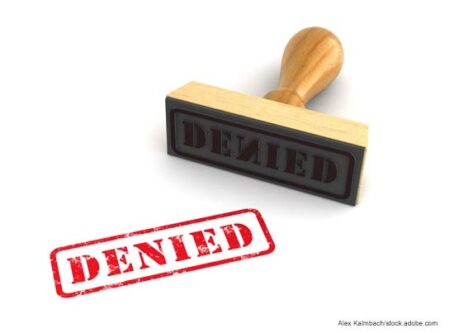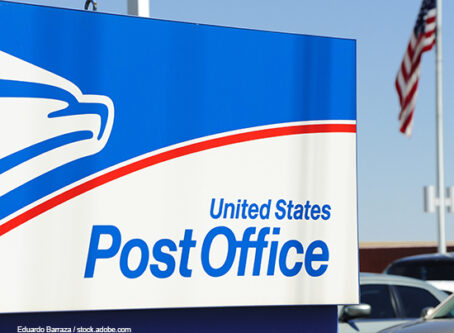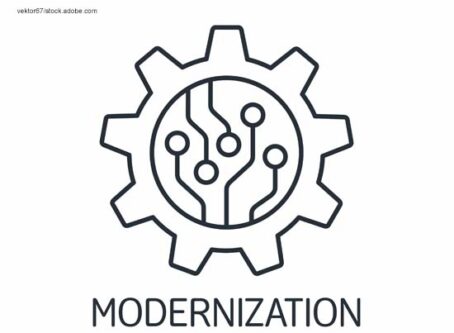U.S. Supreme Court to hear labor dispute between trucker, Prime
The nation’s highest court will hear arguments this week in a case to determine whether or not the Federal Arbitration Act applies to transportation workers. The case will decide whether labor disputes brought by owner-operators leased to motor carriers on a long-term basis in the trucking industry are exempt from arbitration.
Truck driver Dominc Oliveira filed a class action lawsuit against Springfield, Mo.-based New Prime Inc., alleging that the trucking company violated the Fair Labor Standards Act, as well as the Missouri minimum-wage statute. New Prime moved to compel arbitration under the FAA.
Beginning Wednesday, The U.S. Supreme Court will hear arguments in the case.
In July, The Owner-Operator Independent Drivers Association filed an amicus brief to the court in support of Oliveira’s claims.
Previously, the U.S. Court of Appeals for the First Circuit determined that the applicability of the Federal Arbitration Act is a threshold question for the court to determine before compelling arbitration under the Act. The court also ruled that the exemption did apply to owner-operators leased to motor carriers. Prime petitioned the ruling to the Supreme Court, saying the First Circuit’s decision would deprive both companies and workers in the transportation industry of the benefits of the FAA.
How the Supreme Court decides in this case could have a large impact on the trucking industry.
OOIDA, the National Employment Law Project, the American Association for Justice, and Public Citizen, Sen. Sheldon Whitehouse, Constitutional Accountability Center, and the Teamsters all filed briefs in support of Oliveira.
“The Congress and federal agencies’ historical oversight and regulation of motor carrier/owner-operator contracts and their provision of different procedures and forums to resolve disputes under those contracts demonstrate precisely the type of contract for employment of persons engaged in interstate commerce that Congress intended to exempt from the FAA,” OOIDA wrote.
“A definitive finding by this Court that motor carrier/owner-operator contracts are not exempted from the FAA would erect such a burden that it would effectively defeat an owner-operator’s ability to enforce his or her rights, and therefore frustrate the public policy choices of Congress and the regulating agencies.”
In 2013, Oliveira entered into New Prime’s truck driver apprenticeship program, where drivers must attend a four-day orientation, and log 10,000 unpaid miles as a driver or passenger. After completing the supervised driving period, court documents said the student driver must take the examination for a commercial driver’s license and then drive 30,000 more miles as a B2 company driver trainee. B2 trainees were paid 14 cents per mile. After finishing the program, Oliveira became an independent contractor.
According to Oliveira’s response brief, Success Leasing, which is a separate company from Prime but located in the same building, leased Oliveira a truck and then directed him to Prime’s company store to purchase fuel and equipment for about $5,000.
Oliveira said Success presented him his employment paperwork labeled as Prime Independent Contractor Operating Agreement.
According to Oliveira, Prime paid him less than minimum wage and that deductions for fuel and lease payments on the truck occasionally left him owing money at the end of a pay period. In 2015, Oliveira filed a class action against New Prime, alleging that the trucking company violated the Fair Labor Standards Act, as well as the Missouri minimum-wage statute. New Prime moved to compel arbitration under the FAA.









